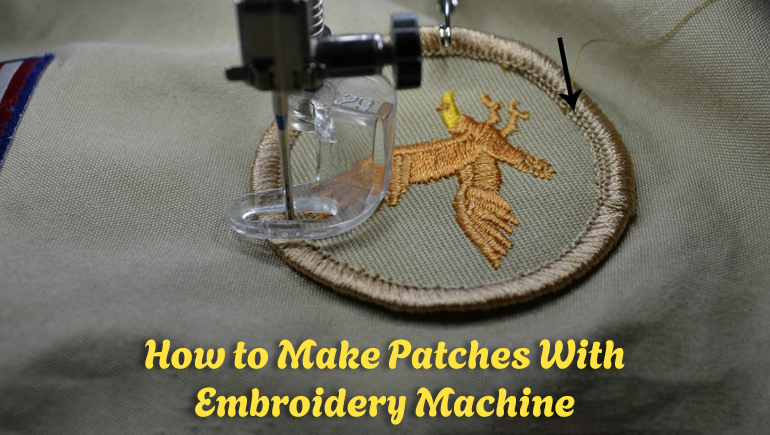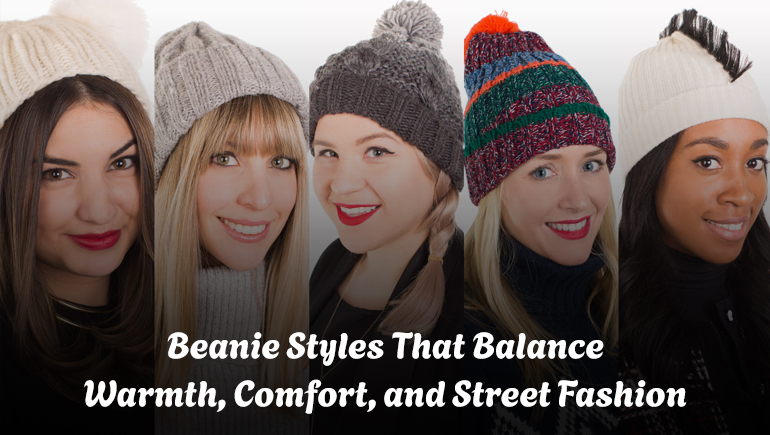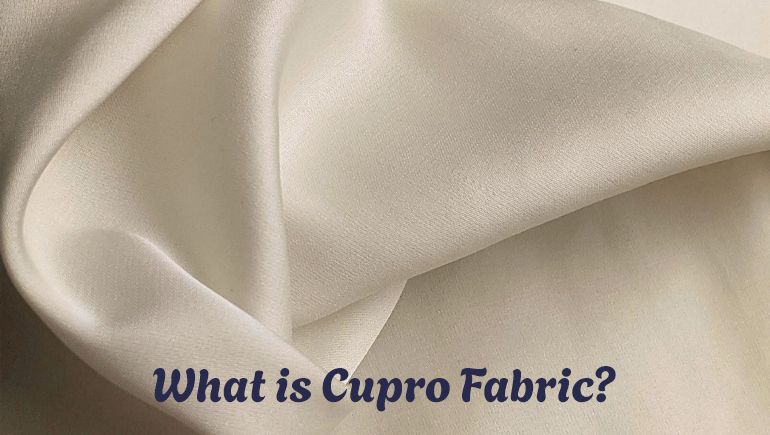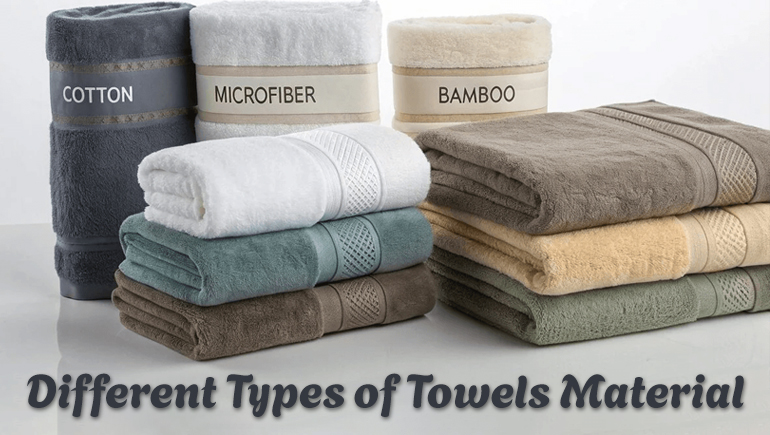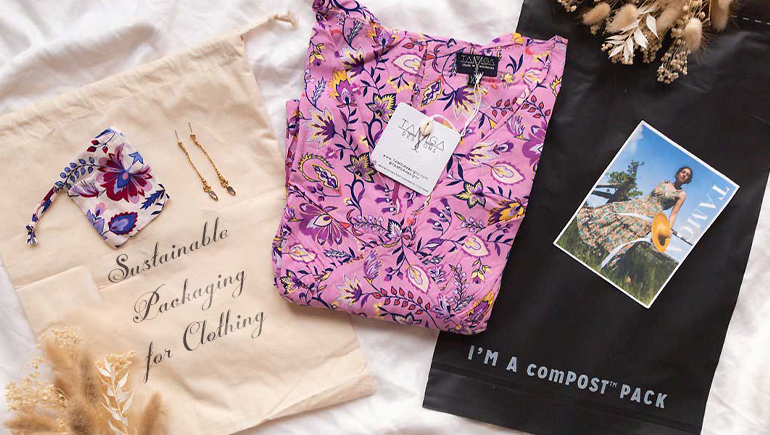
Thinking of switching to eco-friendly packaging? Smart move!
If you are an apparel brand, you can look for the numerous eco-friendly packaging options, including compostable, recyclable, and biodegradable boxes, wraps, bags, and mailers.
Today’s conscious consumers expect brands to pack and sell clothes in sustainable, non-toxic materials. How? Shoppers now understand the way their choices impact both the planet and the brands they support, making eco-friendly packaging a powerful way to stay relevant and responsible.
According to a recent survey, 60-70% of customers said they would buy more products and pay for planet-safe packaging. So, it becomes a requirement for the brands to switch to this packaging in 2026.
Are you prepared to make your brand famous while being environmentally safe? Let's explore some effective, creative, and sustainable apparel packaging.
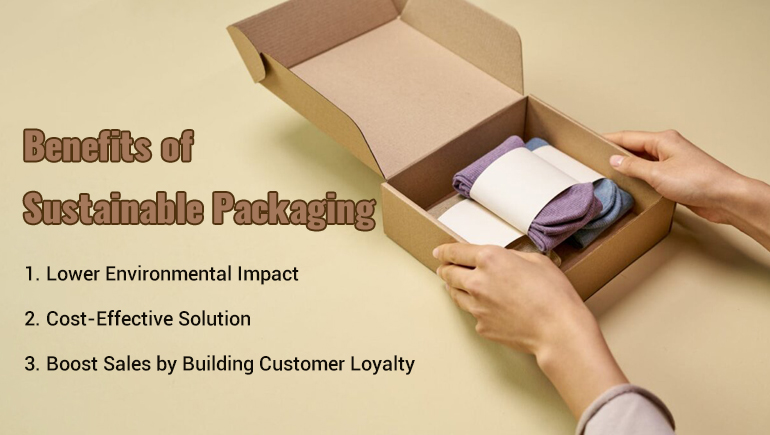
What is one thing that makes all the difference? Packaging is the first thing that connects with the customers before anything else. It shows your customers what your brand is. Research says that 81% of consumers, including millennials, Gen Z, and Gen X, strongly agree that companies should play their part in improving the environment. So, it acts as your brand representative to build a positive impact on the customers.
Here are three benefits that you can take as an e-commerce or physical brand by choosing nature-friendly packaging:
Sustainable apparel boxes for packaging lead to a reduction in waste and pollution. But that's not all! It also allows your brand to lower its carbon footprint. It positions your brand as eco-conscious.
This packaging helps you save money due to its reduced material usage. It tends to be lighter in weight and has fewer shipping costs. Surely a budget-friendly choice for businesses!
Consumers see visible changes when brands take responsibility for promoting a toxin-free environment. It indicates that your brand cares about them, which builds trust, loyalty, and boosts sales.
Eco-friendly packaging for apparel is not just about selecting sustainable materials. It is more about looking green and materials.
Many factors matter a lot in creating completely environmentally safe packaging. Minimal designs, non-toxic inks, and printing also help in lowering the environmental impact while preserving quality and appearance. These are the following important key aspects that give advantage to the planet and your brand:
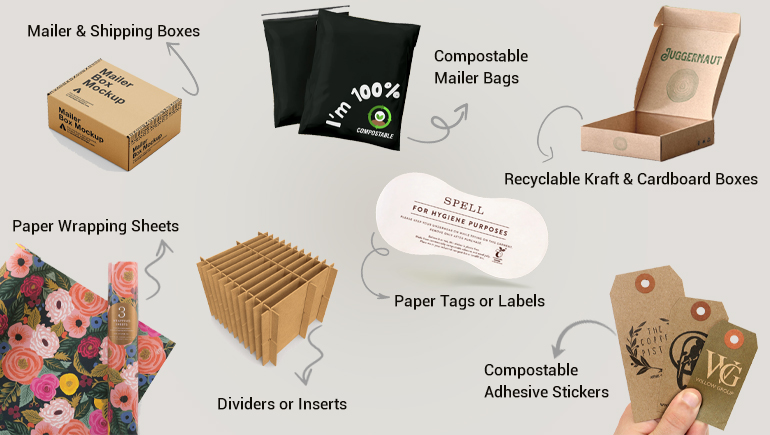
Switching to recyclable packaging is a game-changer for clothing brands, whether you’re shipping shirts, socks, gymwear, or lingerie. Eco-friendly options like corrugated boxes, kraft mailers, mylar bags, and wrapping sheets not only protect apparel during transit but also minimize environmental impact. These solutions are durable, stylish, and fully customizable, perfect for adding inserts, compartments, stickers, labels, or tags that enhance both sustainability and brand identity.
Let’s put a spotlight on the top 7 sustainable packaging for clothing solutions of 2026 below:
The most recommended sustainable materials are kraft and cardboard, which are recycled naturally if not heavily designed or printed. These make versatile, lightweight, and stylish boxes, which make your fashionable apparel brand popular in the market.
They not only look premium but are recyclable and easy to adapt to non-harmful inks. Moreover, these are the top FSC-certified materials that promote a clean environment.
Using mailer bags made of FSC-certified paper, cornstarch, recycled plastic films, PBAT, or PLA is a great solution to avoid harmful virgin plastic. Beyond light, such creative branded packaging for apparel is waterproof, flexible, and entirely customizable into any attractive design.
Corrugated cardboard and kraft are ideal materials to create eco-friendly mailers and shipping boxes for clothing brands. They are designed for sending heavy clothes such as boots, coats, and knitwear. Yes, they’re strong and 100% recyclable.
Their durability ensures the safe delivery of apparel items. When it comes to eco-friendliness, you must choose water-based inks and minimal or no plastic coatings, which makes the unique packaging for apparel easy to recycle.
Read Also: 10 Proven Steps to Starting A Clothing Line (Guide 2026)
The best way to go green, not in color but to represent your clothing brand's sustainability, is to choose the paper for your packaging. Paper tags are a perfect option to mention rates, sizes, brand names, logos, bar codes, and other details while staying green. They indicate your brand’s commitment to protecting the environment.
Apparel brands cover their products placed under the box or mylar bags with wrapping sheets made up of thin paper. These sheets ensure 100% eco-friendliness. Additionally, paper wrapping sheets are printable with brand logos, greetings, or thank-you notes in any color that matches your brand theme and product color.
Clothing brands use adhesive stickers for branding and marketing purposes. They are manufactured with polypropylene, recyclable paper, and biodegradable adhesives. These materials are 100% sustainable for the stickers. You can design them using water-based inks and compostable finishes.
If you want to produce sealed packaging for apparel, these sticky stickers are the best choice. They stick to the box or bags and provide better protection.
The accessories and newborn baby items, such as socks, napkins, onesies, footies, and sleepers, need to be packed in packaging that keeps them organized. These inserts or dividers are mostly used for the luxury packaging of clothing.
Paperboard, kraft, cardboard, and foam inserts are eco-friendly and create a premium unboxing experience. They fill void spaces to restrict product movement and meet sustainability standards.
Sustainable packaging for clothing is essential in 2026 for brands to adopt as their primary concern. Upgrading your approach lets you lower costs, build stronger customer loyalty, and show genuine responsibility toward the planet. Even using biodegradable stickers or tags makes a big difference in leaving a lasting impact.
We have explained the benefits of this packaging, how you can truly make your packaging non-toxic, and the 7 top ideas for eco-friendly packaging. Recyclable kraft boxes, compostable mailers, reusable inserts to paper wraps, all these packaging ideas reduce waste and ensure recyclability. Now is the right time to align your brand with these practices and stand out in a market where customers reward sustainability with trust and repeat purchases.
Jump up to the planet-friendly and creative branded packaging for apparel from Vel Clothing. We provide free design assistance on what packaging is best for clothes, customization, printing, design, and finishing.
Contact us via email at sales@velclothing.com or call at +804-294-1966
